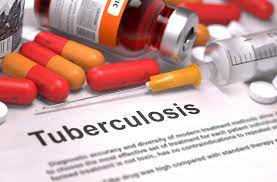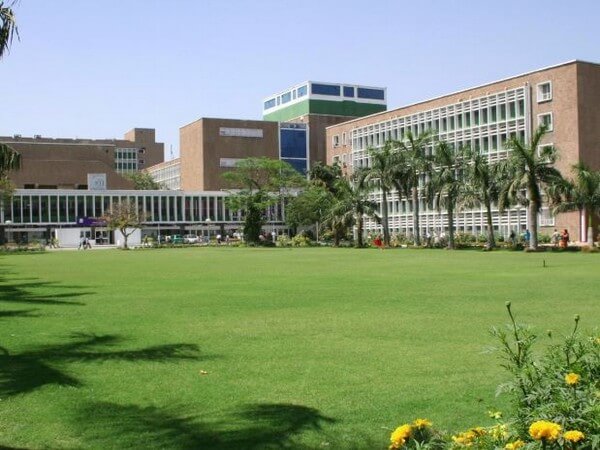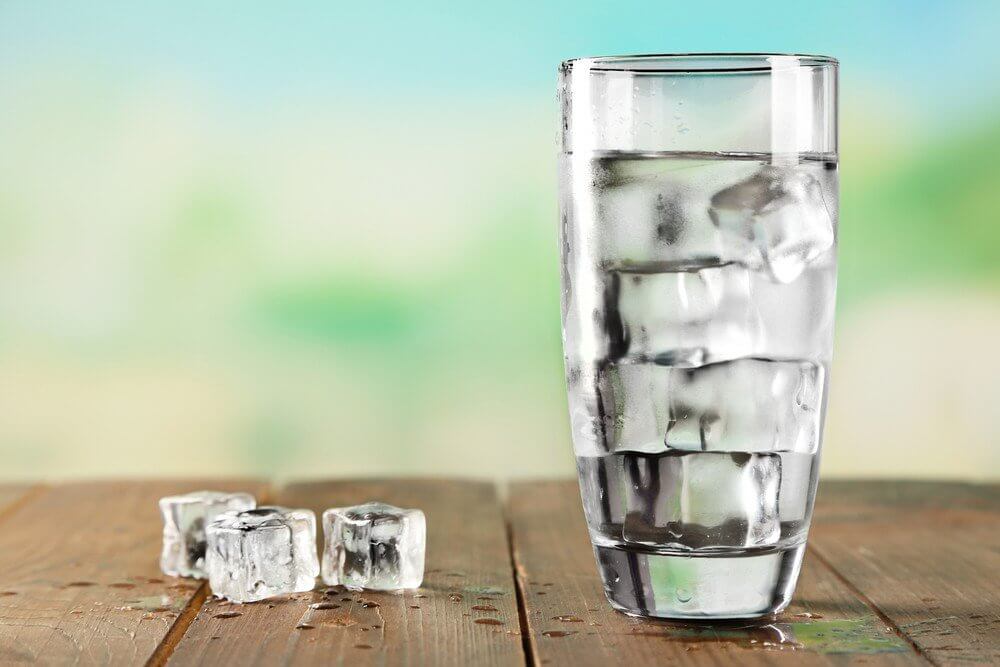Know how these deficiency of this vitamin increases risk of Tuberculosis
Tue 25 Mar 2025, 23:37:28

Tuberculosis Mycobacterium tuberculosis, commonly known as TB. TB is a dangerous bacterial infection in the body that can have many causes. When TB occurs, the bacteria rapidly attack the lungs, but the kidneys, spine, and brain of the TB patient are also affected. TB spreads through small droplets present in the air released by coughing and sneezing. This disease can prove to be dangerous for people who lack nutrition in their bodies. Therefore, do not let there be a deficiency of nutrients in the body. Know which vitamin deficiency increases the risk of TB and what should a TB patient consume?
Symptoms of TB
TB is an infectious disease. If someone is diagnosed with TB, then some special symptoms are seen. In which symptoms like high fever, feeling of chills, loss of appetite, extreme fatigue, and difficulty in breathing are seen.
Deficiency of which vitamin increases the risk of TB
Research published in the journal 'Clinical Infectious Diseases' has found that people who have a deficiency of vitamin A have a 10 times higher risk of getting TB than others. The findings say that vitamin A supplements are important in preventing the spread of TB. TB is a major cause of death worldwide. Megan Murray, professor and senior writer at Harvard Medical School in Boston, America, said, 'If a diet rich in vitamin A helps prevent TB, then the affected
patients and their relatives should take a nutritious diet rich in vitamin A.'
patients and their relatives should take a nutritious diet rich in vitamin A.'
What should a TB patient include in their diet?
1. Food rich in macro and micronutrients
A TB patient should include a diet rich in macro and micronutrients in his diet. Keep the amount of protein high. For this, consume soy, tofu, dairy products, eggs and lean meat, amino acids. These things help in fighting infection and also help in muscle development.
2. Calorie and nutrient-rich food
Eating calorie-dense and nutrient-rich food helps in faster recovery from TB. For this, include banana, cereal lentil soup, peanut chikki, wheat, and ragi. Eat seeds like sunflower seeds, chia seeds, pumpkin seeds, and flax seeds, which provide zinc and other nutrients.
3. Energy-giving carbohydrates and vitamins
Eat energy-giving carbs like whole grains and millets, which are low in calories and high in carbohydrates. Also, take a diet rich in vitamins and minerals, which includes fruits and vegetables rich in vitamins A, B, C, and E.
4. Antioxidant-rich foods
To activate the immune system and prevent harmful free radicals, include foods rich in antioxidants and vitamins A, C, and E in your diet. This will speed up recovery and improve your overall health.
No Comments For This Post, Be first to write a Comment.
Most viewed from Health
AIMIM News
Latest Urdu News
Most Viewed
May 26, 2020
Do you think Canada-India relations will improve under New PM Mark Carney?
Latest Videos View All
Like Us
Home
About Us
Advertise With Us
All Polls
Epaper Archives
Privacy Policy
Contact Us
Download Etemaad App
© 2025 Etemaad Daily News, All Rights Reserved.






























